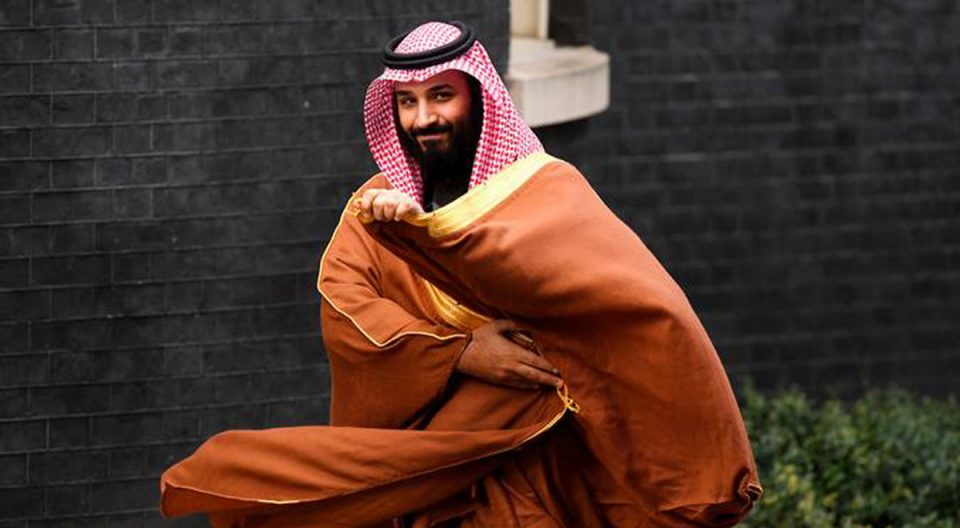Saudi Arabia on Sunday ended the death penalty for crimes committed by minors after effectively abolishing floggings as the kingdom seeks to blunt criticism over its human rights record.
The reforms underscore a push by de facto ruler Crown Prince Mohammed bin Salman to modernise the ultra-conservative kingdom long associated with a fundamentalist strain of Wahhabi Islam.
The death penalty has been eliminated for those convicted of crimes committed while they were minors, Human Rights Commission president Awwad Alawwad said in a statement, citing a royal decree.
“Instead, the individual will receive a prison sentence of no longer than 10 years in a juvenile detention facility,” the statement said.
The decree is expected to spare the lives of at least six men from the minority Shiite community who are on death row.
They were accused of taking part in anti-government protests during the Arab Spring uprisings while they were under the age of 18.
United Nations human rights experts made an urgent appeal to Saudi Arabia last year to halt plans to execute them.
“This is an important day for Saudi Arabia,” said Awwad Alawwad.
“The decree helps us in establishing a more modern penal code.”
The kingdom has one of the world’s highest rates of execution, with suspects convicted of terrorism, homicide, rape, armed robbery and drug trafficking facing the death penalty.
Saudi Arabia executed at least 187 people in 2019, according to a tally based on official data, the highest since 1995 when 195 people were put to death.
Human rights groups have repeatedly raised concerns about the fairness of trials in the kingdom, an absolute monarchy governed under a strict form of Islamic law.
On Saturday, the HRC announced Saudi Arabia had effectively abolished flogging as a punishment, which have long drawn condemnation from human rights groups.
The most high-profile instance of flogging in recent years was the case of Saudi blogger Raif Badawi who was sentenced to 10 years in prison and 1,000 lashes in 2014 on charges of “insulting” Islam.
But “hudud” or harsher punishment under Islamic law such as floggings are still applicable for serious offences, a Saudi official said.
Hudud, which means “boundaries” in Arabic, is meted out for such sins as rape, murder or theft.
But “hudud” punishments are rarely meted out as many offences must be proved by a confession or be verified by several adult Muslim witnesses, the official added(AFP)



